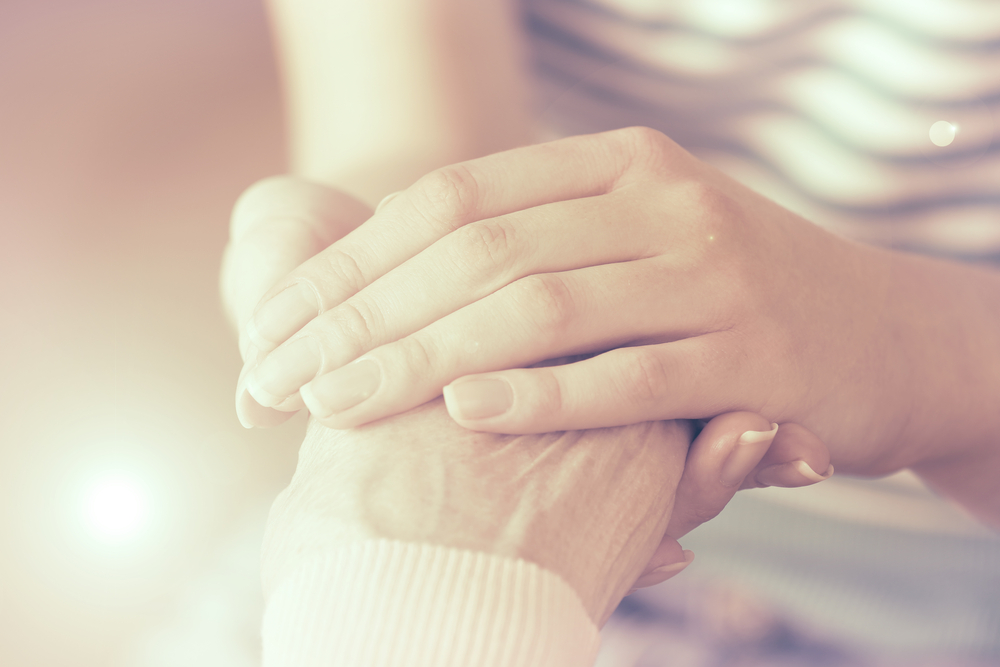AI-powered Robotic Glove May Help Improve Hand Grip Strength

BioLiberty, a Scottish biotech startup, has developed a robotic glove that uses artificial intelligence (AI) to improve the hand grip in people with muscle weakness due to multiple sclerosis (MS) and other conditions.
The technology may be closer to entering people’s homes now that the startup has secured support from the Edinburgh Business School’s Incubator, based at Heriot-Watt University, in Scotland.
“Up to now, we’ve funded the company from business competition awards so being accepted into the Edinburgh Business School Incubator program is a huge boost,” Ross O’Hanlon, one of the four engineering graduates who founded BioLiberty, said in a press release.
“We’re confident that support of this type will help accelerate the glove into homes more quickly,” O’Hanlon added.
In the U.K., 2.5 million people are estimated to experience hand weakness due to either loss of muscle mass with age or conditions such as MS, motor neuron disease, and carpal tunnel syndrome. Carpal tunnel syndrome is a common condition that causes pain and weakness in the hand and wrist.
These numbers are only expected to increase as populations in most of the developing world are aging, placing “increasing pressure on care services,” O’Hanlon said.
The original idea behind the now-working glove prototype — and the creation of the startup altogether — was born after O’Hanlon noticed his aunt was beginning to struggle with simple daily tasks such as drinking water or changing the TV channel after she was diagnosed with MS.
“Being an engineer, I decided to use technology to tackle these challenges head on with the aim of helping people like my aunt to retain their autonomy,” O’Hanlon said, adding that “we wanted to support independent living and healthy aging by enabling individuals to live more comfortably in their own homes for longer.”
“While there are many gadgets on the market that address a specific grip challenge such as tools to help open jars, I wanted an all-encompassing solution to support a range of daily tasks,” he said.
The lightweight glove detects the wearer’s intention to grip by measuring electrical activity in muscles in response to a nerve’s stimulation through a technique called electromyography.
An algorithm then converts the intention into force, amplifying the user’s grip and helping them hold an item or apply the necessary pressure to complete an activity. The technology is expected to help with a wide range of day-to-day tasks including opening jars, driving, and pouring a cup of tea.
“We founded BioLiberty while studying and we’ve already achieved a working prototype but, with a background in engineering, converting a good idea into a successful business can be overwhelming,” O’Hanlon said.
“The Edinburgh Business School Incubator has an incredible programme for early-stage businesses like ours, supporting challenges all new companies face including the drive for additional funding, marketing, networking, scaling and forging collaborations,” O’Hanlon added.
Once companies leave the Incubator, the university’s Global Research Innovation and Discovery facility supports the next stage in business growth through accelerated scale-up and development processes, and by bringing together entrepreneurial talent with academia and enterprise expertise.






